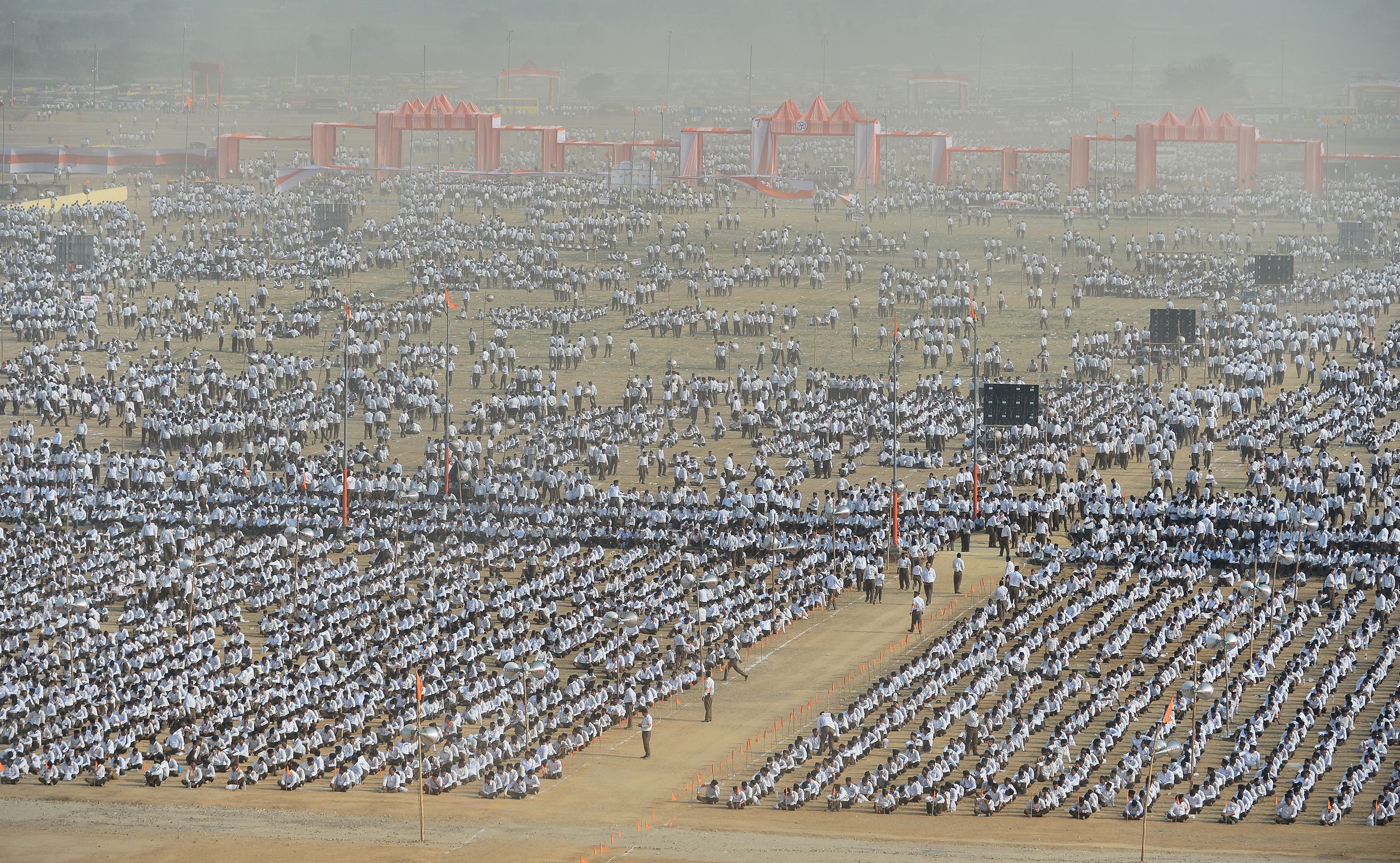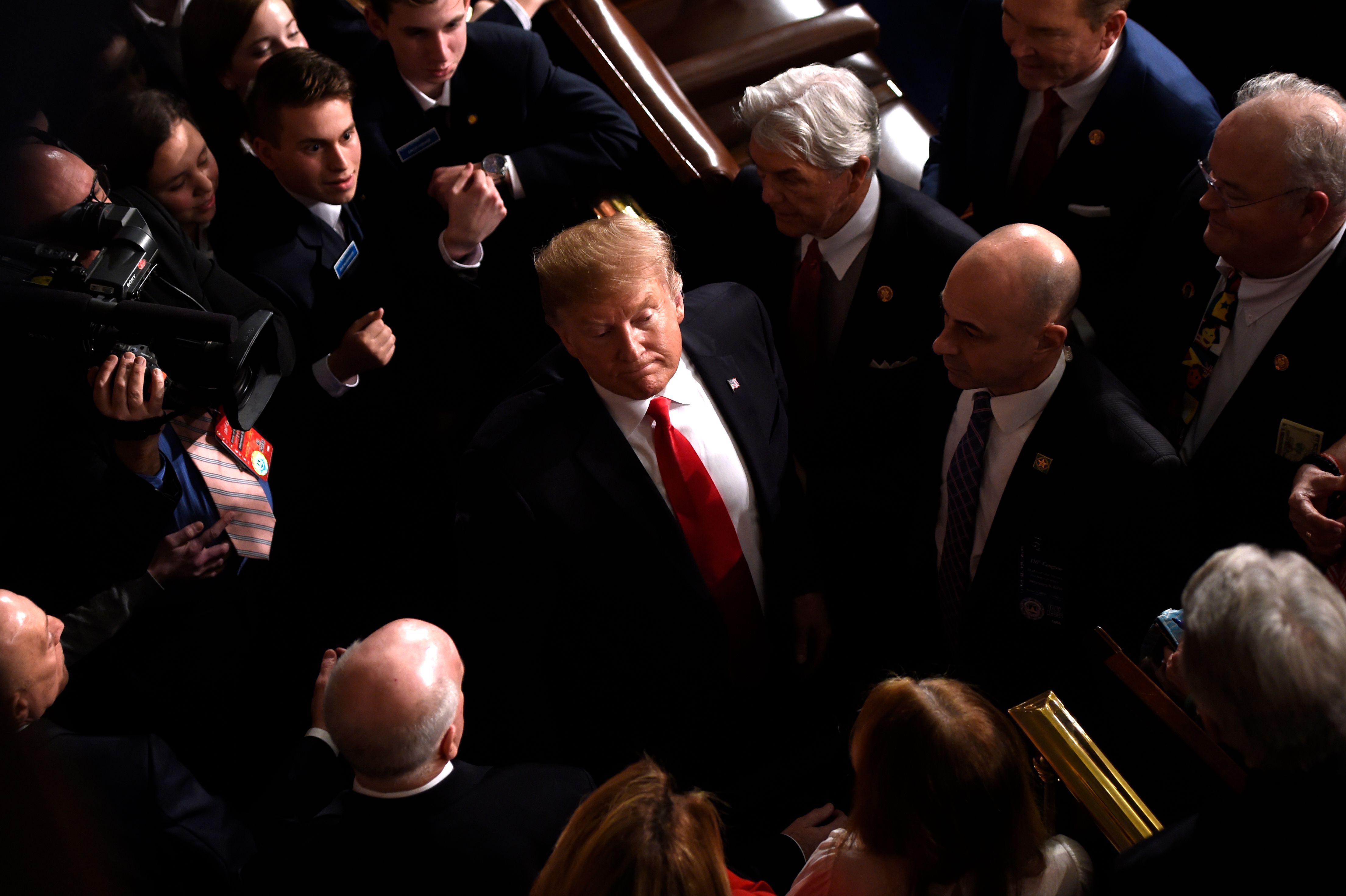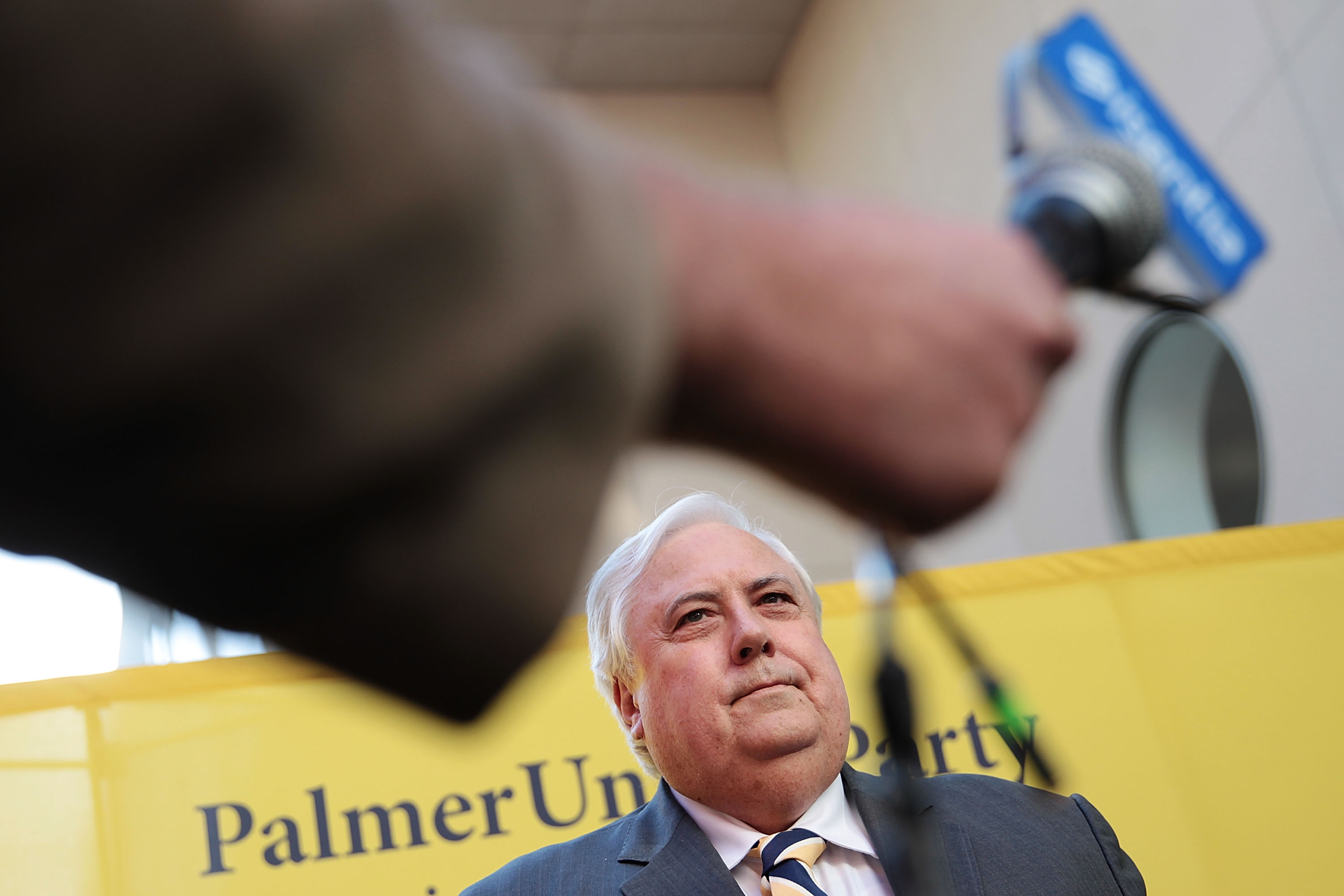
Politics & Society
A superpower in transition

Civil society has been seen as a bedrock of democracy, but around the world democracy is being undermined by the same forces that were supposed to sustain it
Published 16 March 2020
When I was a young democracy activist in Indonesia, my colleagues and I wanted to strengthen civil society against President Soeharto’s authoritarian state. It hardly occurred to us that civil society could foster identity politics focused on marginalising minorities.
But this is exactly what newer generations of democracy advocates in Indonesia now confront – not only hindrances from the state but also from civil society groupings.

It is a challenge that democracy advocates around the world are increasingly facing, even in well-established Western democracies. Civil society has become part of the problem.
In Indonesia, some of these identity-based civil society groups operate in the name of religion while others thrive on hyper-nationalism, and some have paramilitary wings prone to using violence and coercion. This is happening in a country lauded as the new model of democracy in Southeast Asia and the third largest democracy in the world.

Politics & Society
A superpower in transition
Before Indonesia, Thailand was touted as Southeast Asia’s model democracy, yet, there too, educated members of the urban middle class, who are usually assumed to group together for democratic purposes, have helped reinstall military-dominated authoritarianism.
In India, civil society organisations linked to President Narendra Modi’s ruling Bharatiya Janata Party have helped to drive policies that show how democracy can be – paradoxically – used for repressive purposes.
Right wing paramilitary group Rashtriya Swayamsevak Sangh (RSS) has been at the forefront of violent actions against India’s large Muslim minority as well as secular groupings. Their activities have given rise to fears that India is being re-conceived as a Hindu nation.
In the US, civil society groups like the Tea Party have contributed for many years to the erosion of democratic values. The Tea Party ultimately paved the way for the Trump presidency and the practices that are now wreaking havoc on American democracy.

The rise of Trump is associated with the resurgence of populism globally, including in European democracies, where highly illiberal if not overtly anti-democratic political parties have recently made gains.
It is perhaps high time then to re-evaluate, more seriously, many commonly held rosy assumptions about the relationship between civil society and democracy. We should be paying more attention to the rise of civil society groups which, around the world, will increasingly pose a challenge to democracy as we know it.

Business & Economics
What’s keeping women out of work?
These can range from exclusivist ethnic or religious organisations, gun-toting militias, all the way through to any of the xenophobic groupings now all too easily found in rich, modern societies.
What is clear is that the liberal triumphalism that greeted the end of the Cold War seems out of place now. It was this triumphalism that led the World Bank to argue that a vibrant civil society was necessary for economic success, assuming of course that it would be politically and economically liberal.
At the same time, political scientists had become immersed in ‘transitology’, with its singular interest in states ‘transitioning’ to democracy and ‘consolidating’ it. Civil society, they thought, would play a big role in the successful democratisations they envisaged.
But how do we address the democratic retreat we are now seeing, even in places where democracy has been long-entrenched?

A considerable change in mindset is required. This entails dismissing the notion that there is some sort of automatic relationship between a ‘strong’ civil society and democratisation.
It is a difficult task because civil society’s long association with democracy goes back at least to the classic work of Alexis de Tocqueville, Democracy in America, written in the 19th century. More recently, Robert Putnam’s influential work, Bowling Alone: The collapse and revival of American community, suggested that ‘social capital’ glued civil society together as the basis for modern democratic life.
What has been overlooked is the reality that civil society may be dominated by anti-democratic interests that win out in concrete political struggles. Most infamously, the Nazis did so in the 20th century.
Today, much of the discussion about the ‘crisis of democracy’ has focussed on the rise of populism around the world. At the most basic level, populism involves conceiving politics as the ‘good masses’ confronting ‘bad elites,’ including those ‘elites’ who may have taken control of intermediary institutions like parties and parliaments.
Yet American right-wing populism has been partly funded by ‘elites’ like the billionaire Koch brothers. In Australia, the mining magnate Clive Palmer poured $A90 million into the last election, pushing for policies that have helped shift the country’s political centre to the right.
In Indonesia too, there were links between the still wealthy family of former dictator, Soeharto and groups espousing populist versions of Islamic politics. These had supported the Prabowo candidacy in the 2019 presidential election.

The reality is that assorted elites have climbed onto the populist bandwagon, exploiting whatever long-simmering frustrations there are with the economy or with political institutions in different countries. Their self-interested actions have helped to shape the evolution of civil society.
Rather than being fuelled by liberal pluralist values, some civil society organisations grow because of the insecurities of significant portions of the population – insecurities driven by rising economic precariousness and inequality.

Counter to how followers of Tocqueville or Putnam perceive civil society, these groups peddle identity politics or tough law and order agendas, and flourish on insularity and xenophobia.
The Hong Kong protests tempt us to think of civil society mounting a final stand against democratic regression, but in many locations around the globe civil society groups are enthusiastically pulling democracy down.
This article was co-published with the Melbourne Asia Review – the Asia Institute’s new quarterly journal on societies, politics, histories and languages.
Banner: An Indonesian paramilitary group at an election rally in Jakarta, April 13, 2019. Picture: Goh Chai Hin/AFP/Getty Images